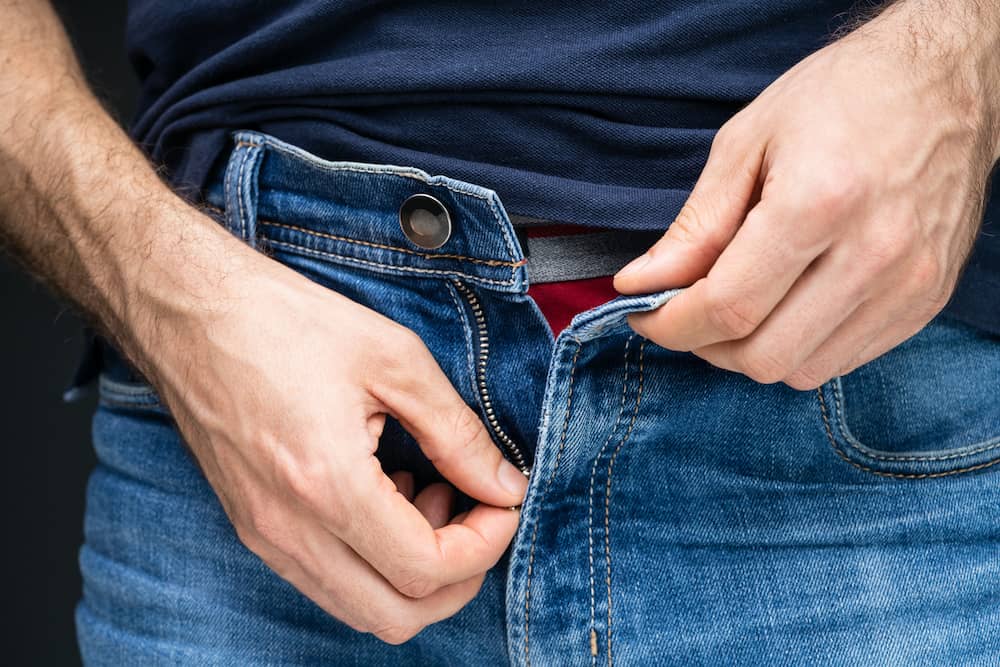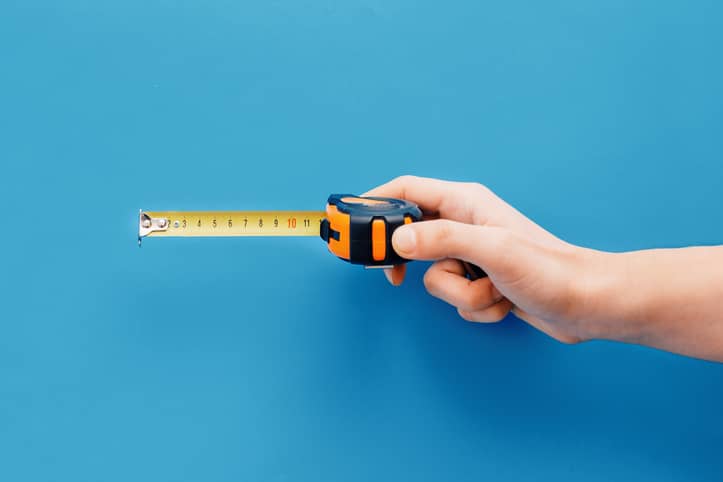What does it mean when my penis itches?
While it’s not always a cause for concern, an itchy penis can be a sign of a condition that needs treatment.
For example, it may be a symptom of an infection, skin irritation or sexually transmitted infection (STI).
It’s common to get an itchy penis head (glans), but you might also notice itching on the shaft or around your foreskin. You may also have other symptoms, such as irritation, redness and swelling (inflammation).
So read on to find out why your penis may itch, when to see a doctor and what treatments are available.
What causes an itchy penis?
Thrush
Thrush (candidiasis) is a type of yeast infection, caused by a yeast called candida. It’s normal to have candida on your skin and it doesn’t always cause problems. However, it can sometimes lead to an infection.
Symptoms of thrush include:
- itching, irritation, burning or redness of your penis
- a white discharge from under your foreskin (like cottage cheese)
- a bad smell
- trouble pulling back your foreskin
If you think you might have thrush, but you haven’t had it before, you should see a doctor or visit a sexual health clinic. They can check it’s thrush that’s causing your symptoms, rather than something else.
You should also see a doctor if you have thrush that keeps coming back. They may want to check that it isn’t being caused by another condition, such as diabetes, an STI or problems with your immune system.

Balanitis
Balanitis is a condition that makes the head of your penis swollen and sore (inflamed), and can also cause itching.
It can be caused by poor hygiene, a bacterial infection, thrush, an STI (see below) or products such as soaps, shower gels or condoms, which can irritate your skin. Diabetes increases your risk of getting balanitis caused by an infection.
Symptoms of balanitis include:
- swelling of your penis
- itching, soreness and redness of your penis
- discharge from under your foreskin
A doctor can usually diagnose balanitis from a physical exam. They may also take a swab test, or test for diabetes.
If they think you have an STI, they may refer you to a sexual health clinic. If they suspect a skin condition or allergy, they may send you to a skin specialist or for allergy testing. In rare cases, if balanitis doesn’t go away, they may remove a sample of skin (biopsy) for testing.
Learn about ways to prevent balanitis.
Sexually transmitted infections (STIs)
STIs are infections caused by bacteria, viruses or parasites, and are usually passed from person to person through vaginal, anal or oral sex.
Common symptoms of STIs include:
- itching or burning of your penis
- discharge from your penis
- pain when you pee
- blisters, sores, spots or lumps around your penis or anus
- black or white dots in your underwear
A doctor may be able to diagnose an STI based on your symptoms. They may also take a sample of your blood, urine or discharge to send for tests.
Many people with STIs don’t have any symptoms, so it’s important to get tested if you think you’re at risk of an STI.
Read about how to prevent STIs.
When to see a doctor about an itchy penis
You should see a doctor if you notice any of these symptoms:
- an itchy, red, swollen and sore penis
- pain when peeing
- discharge from under your foreskin or your pee hole
- bleeding around your foreskin
- an unpleasant smell
- difficulty pulling back your foreskin, or pulling it forward
- blisters, sores, spots or lumps around your penis or anus
- black or white dots in your underwear
Treatment for an itchy penis
Treatment for your itchy penis will depend on what’s causing the itching , as detailed below.
- thrush: your doctor may prescribe antifungal tablets or cream, which should treat your symptoms within 7 to 14 days
- balanitis: your doctor may prescribe a mild steroid or antifungal cream, or antibiotics. In most cases, balanitis gets better in 3 to 5 days of treatment. If treatment doesn’t help, you may need to consider having your foreskin removed (circumcision)
- STIs: you may need antibiotics, which your doctor will prescribe
Your health questions answered
What STI causes balanitis?
Balanitis can be caused by several STIs, including chlamydia, gonorrhoea, trichomoniasis and syphilis. If you think you may have balanitis caused by an STI, you should make an appointment to be tested at a sexual health clinic.
Can you masturbate with a yeast infection?
You can – but there are a couple of things to bear in mind. Masturbating a lot over a short space of time can irritate your penis, which may make the discomfort of a yeast infection worse. And if you masturbate with a sex toy, make sure you use it with a condom and clean it properly afterwards.
Why is my foreskin itchy?
A number of things can cause an itchy foreskin, including yeast infections, STIs such as chlamydia or gonorrhoea and, in rare cases, an allergy to latex (often used in condoms). You should see a doctor, so they can find the cause and prescribe treatment if needed.
Key takeaways
- an itchy penis may be a sign of thrush, balanitis or a sexually transmitted infection (STI)
- see a doctor if you have an itchy penis and any other symptoms, such as swelling, soreness, discharge, an unpleasant smell or pain when peeing
- treatment depends on what’s causing your itchy penis
- you may need antifungal, antibiotic or steroid medicines prescribed by your doctor






